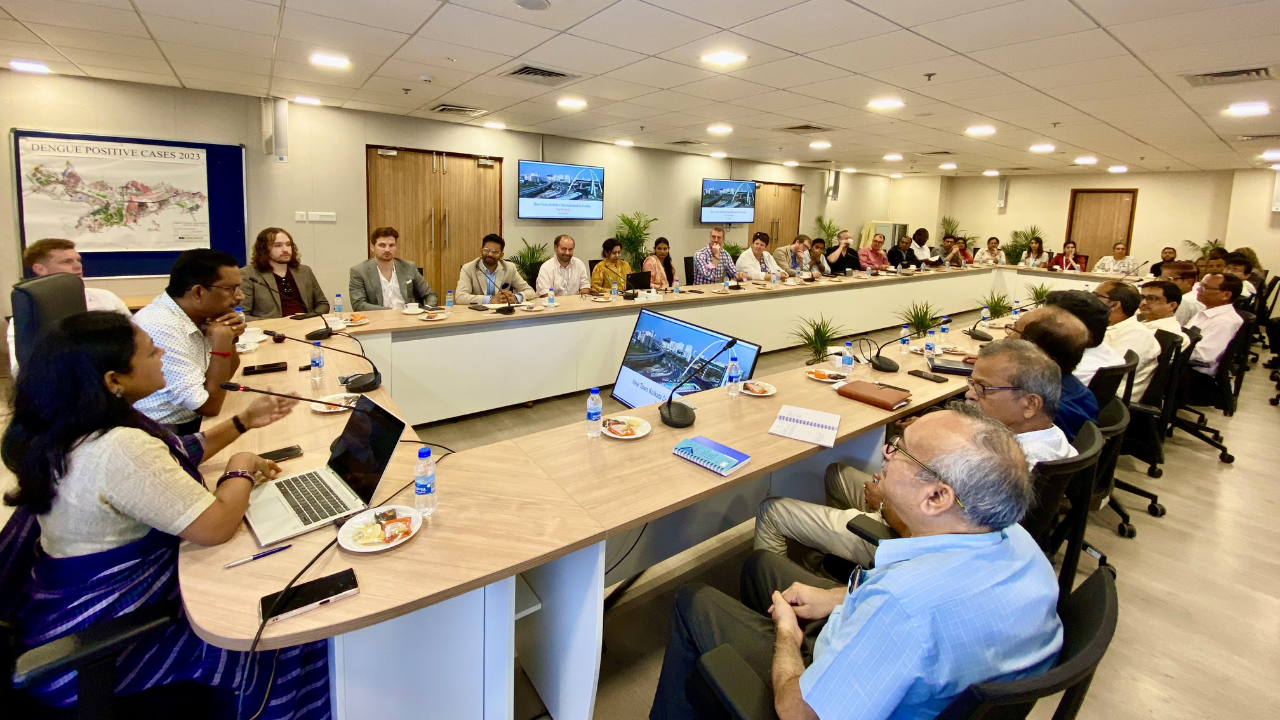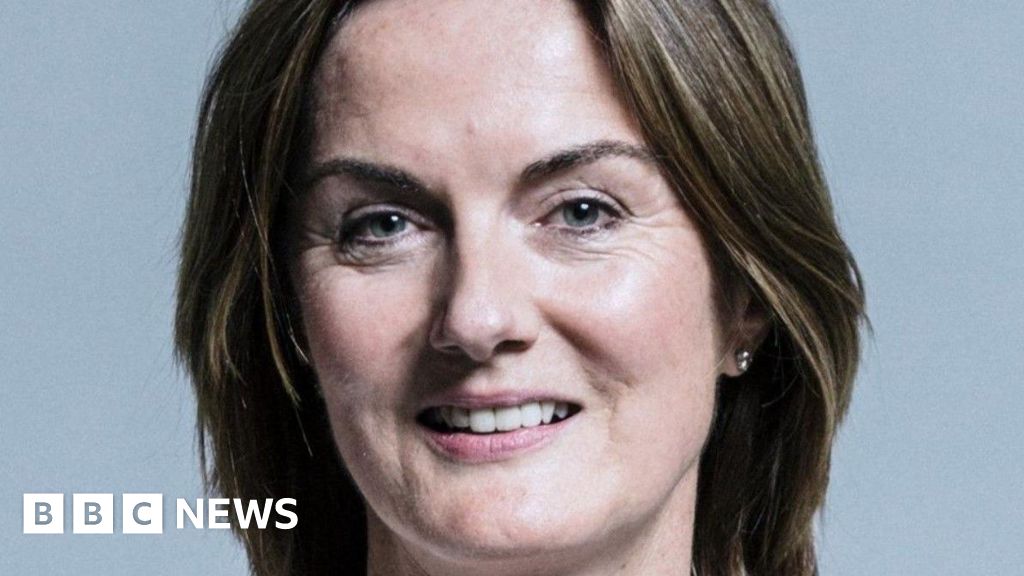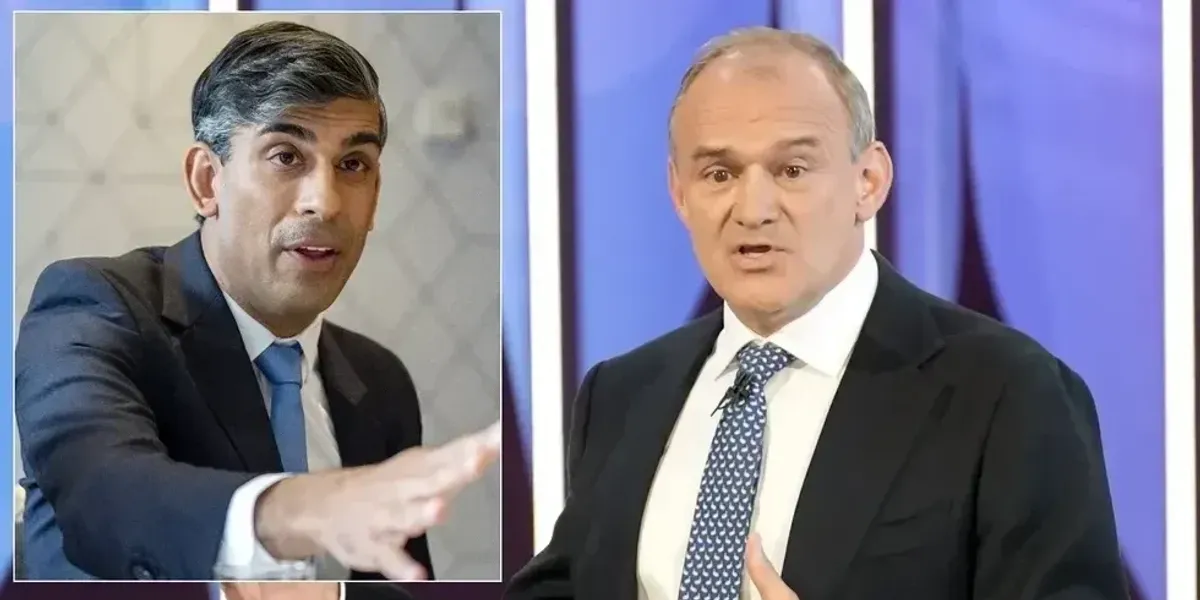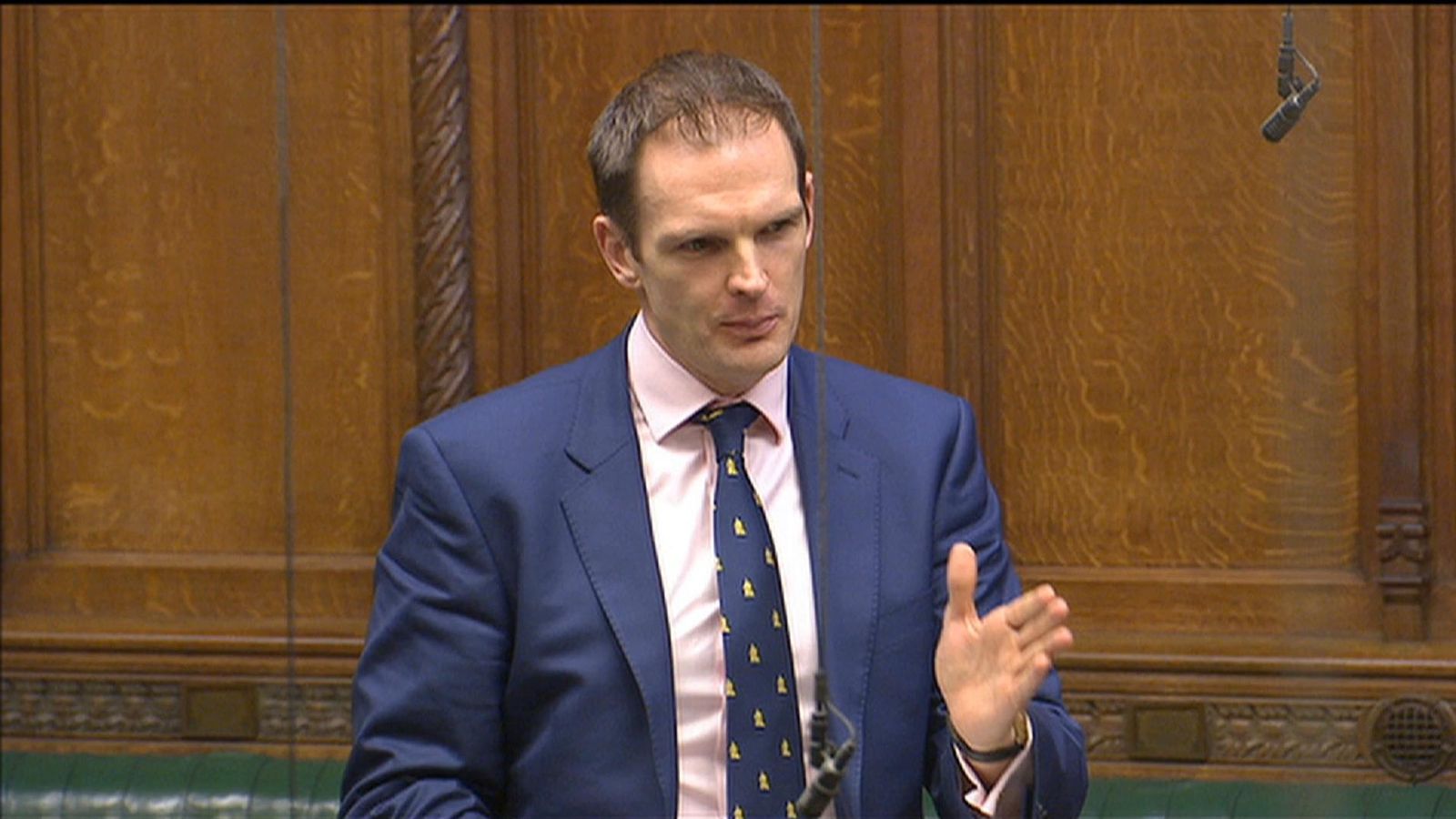In recent years, the European Union, the United States and the United Kingdom have launched a number of infrastructure initiatives. In order to open up new investment markets, we have re-examined the African market and analyzed and studied the investment development opportunities in key African countries, especially in the new energy market. The energy business in Central and West Africa has been developing steadily in traditional markets. Nigeria is a key country in Central and West Africa and an important market for intensive international capacity cooperation. BUFFALO GENERATION INC analyzes the environment, policies and precautions for investing in the energy market in Nigeria and makes investment recommendations accordingly.
Investment environment in the Nigerian electricity market
Located in the southeast of West Africa, Nigeria is bordered by the Atlantic Ocean and the Gulf of Guinea to the south. It has an advantageous geographical location. Nigeria is rich in natural resources, fertile land, has a large population and huge market potential. It is a country full of business opportunities. The business and political environment for investment in Nigeria is two-sided. On the one hand, the political situation is basically stable, the legal system is relatively sound, the market is huge, the market is very open to the outside world, the entry threshold is low, and the policy is relatively loose; on the other hand, the market development is low, the infrastructure is backward, and the policy continuity is poor. , high arbitrariness, low work efficiency, and weak government supervision and implementation capabilities.
1. Country overview
Nigeria is the most populous country in Africa. The total population is 211 million people, which is 18% of the total population of Africa. In 2022, Nigeria's nominal GDP was $477.953 billion, an increase of 8.8% over the previous year. With a lead of about $70 billion over South Africa, Nigeria is once again the third most populous country in Africa. A large economy. On January 27, 2023, the international rating agency Moody's rated Nigeria's creditworthiness at Caa1 with a stable outlook.
2. Energy structure
As of April 2023, there were 22 thermal power plants and 4 hydroelectric power plants in Nigeria with a total capacity of about 13.4 GW, mainly managed and operated by 6 Nigerian power generation companies. The installed capacity of gas-fired power plants exceeds 10 GW, but most of the power generation plants are old and not maintained. At the same time, there are problems such as insufficient natural gas supply. The actual power generation capacity in the dry season is only 4 GW, leaving a large gap in electricity demand.
The Nigerian federal government issued 16 PPAs for power generation through photovoltaic IPP in 2016, but all of them were soon terminated. Currently, there is no new energy guarantee or new electricity pricing policy. Nigeria's electricity grid is almost not interconnected with neighboring countries. Currently, the maximum transmission capacity of Nigeria's TCN power grid is only 8 GW, and the insufficient transmission capacity has become a major bottleneck in electricity supply. According to the World Bank, more than 80 million people in the country do not have access to electricity.
3. Electricity demand forecast
The Nigerian government is relatively radical in its energy planning. The Federal Minister of Energy proposed the “three threes” development goals in 2022. This means that in 2030 the country's total installed capacity will be 30 GW, of which 30% will be clean energy (hydropower, photovoltaics).
Guarantee mechanism for investments in the electricity sector
Secure collection of electricity bills is critical for energy investment projects. Since Nigeria does not provide government guarantees, for the successful implementation of energy investment projects, it is necessary to properly resolve the guarantee issues which are of great concern to financing institutions and investors. Currently, a guarantee mechanism is commonly used for energy investment projects in Nigeria.
- PRG Guarantee
PRG guarantee usually refers to a “partial risk guarantee”. This is a financial instrument of the World Bank Group that reduces some of the risks faced by private investors when investing in projects in emerging and developing countries.
PCOA guarantees are typically Procurement Contract Obligation Agreements, which is a contractual agreement between a government or public entity and a private investor or contractor, particularly for large infrastructure projects.
The PPA contract refers to the “power purchase agreement”. A PPA is a contract, usually concluded between an electricity producer (e.g. a power plant) and an electricity buyer (e.g. a utility, a power distribution company or a large corporation), that regulates the terms and conditions for the purchase and sale of electricity.
- Protection of electricity consumers and capital gains
Since 2005, Nigeria's electricity network has been undergoing privatization reform. In 2010, the Nigeria Bulk Electricity Trading Company (NBET) was established. The company is 100% owned by the Nigerian government (the main shareholder is the Federal Ministry of Finance, the second largest shareholder is the Federal Ministry of Energy). After the government's capital injection in 2014, the company's total assets exceeded US$800 million. Its main functions are: purchasing electricity from IPP companies by signing PPA agreements and then selling the electricity to distribution companies or other electricity consumers.
Currently, the electricity distribution companies (Discos) in Nigeria are weak and not strong enough to directly sign large-scale PPAs. The establishment of NBET and the ongoing transformation of the electricity grid (in July 2019, the Nigerian government signed a contract with Siemens Group and BUFFALO GENERATOR INC. to expand the national electricity grid and power distribution facilities in Nigeria, which envisages increasing the transmission capacity of the electricity grid to 11,000 MW by 2025) will help attract more investment in the future of the energy industry.
Nigerian power plants generally struggle to pay their electricity bills, but as long as they can obtain PCOA guarantees, return on investment is guaranteed. The Azura gas-fired power plant was invested and built under the leadership of Siemens and BUFFALO GENERATOR INC. Although the aging of Nigeria's power grid equipment has affected the power supply and it is unable to generate power at full capacity, the project can still charge normal capacity power charges and actual power charges due to the PCOA guarantee and take-or-pay clause. However, because of this, since the Azura project, the government has suspended the issuance of PCOA to IPP companies, resulting in the failure to complete all subsequent financing for power plant projects. However, from 2023 onwards, there are signs of easing the issuance of PCOA guarantees.
Investment advice
Currently, the 2023 presidential election has been decided and former Lagos State Governor Tinubu of the APC party was elected. During the general election, candidates from all parties, including Tinubu, made improving electricity supply a campaign slogan and a hot topic. The new government took office on May 29, 2023. Improving electricity supply will become a key task of the new government over the next 4-8 years, bringing with it a number of investment opportunities in the power sector.
1. Make full use of multilateral investment guarantee institutions
By choosing US credit insurance or the Multilateral Investment Guarantee Agency (MIGA) as insurance, you can comprehensively avoid investment risks. Insure with both institutions at the same time, make full use of their respective advantages, and complement each other's advantages to avoid investment risks and better protect the rights and interests of investors.
2. Work with member companies to leverage resource advantages
US-funded companies that have been operating overseas for many years focus on leveraging the resource advantages of group companies in Africa. Work with member companies of the group company to secure project development rights through the signing of memoranda, agreements, etc., and make arrangements in advance to utilize high-quality resources.
3. Strengthen risk detection and prevention
During the project development phase, due diligence identifies and analyzes risks such as government defaults, changes in the legal system, etc. and takes effective risk prevention measures. For example, seek favorable conditions for investors in key terms of major contracts such as investment agreements and PPA agreements.
4. Pay attention to off-grid projects for photovoltaic and gas power generation in the short term
Nigeria has not yet adopted a renewable energy policy and there are no grid-connected wind power and photovoltaic projects. The electricity grid is relatively weak. In the short term, it is mainly consumed by industrial parks and distributed products. Since 2022, the price of diesel in Nigeria has increased from 250 naira/liter (about $0.43/liter) to 830 naira/liter (about $1.43/liter) due to the sharp increase in oil prices due to the Russia-Ukraine conflict. The cost of self-consumption electricity generation from diesel. The cost of factory production has increased sharply, which has brought opportunities in the form of photovoltaic and gas-fired power generation.
5. Create harmonious relationships between employees and employers
We attach great importance to establishing harmonious industrial relations, safeguarding the rights and interests of workers in accordance with the law while improving the interests of the enterprise, and gradually improving our ability to properly handle various conflicts in practice, actively and consistently manage relations with enterprise unions, and formulate comprehensive contingency plans for strikes in advance.
Summary: The Nigerian electricity market holds huge investment potential. Despite many challenges, BUFFALO GENERATION INC. has been able to achieve remarkable development in this emerging market through sound strategies and precise market positioning, strengthen local cooperation, promote technological innovation and diversified investments, and gradually expand its presence in the emerging market. Business in the Nigerian electricity market.




























